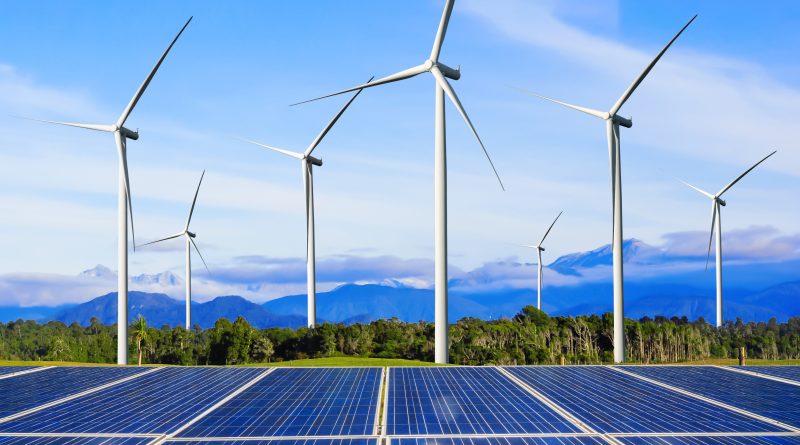The Pressing Challenges of Sustainable Food Production
As the world population edges towards 9 billion, our global food system faces unprecedented challenges. Agriculture, a cornerstone of human civilization, is at a crossroads, grappling with the dual pressures of increasing demand and the imperative to sustain environmental health. Today, conventional farming practices, while productive, often exacerbate issues like soil degradation, water scarcity, and biodiversity loss.
Resource depletion is particularly alarming. The World Bank reports that agricultural production must increase by at least 70% by 2050 to meet the growing demand for food. Yet, this must be achieved under diminishing land and water resources, compounded by the adverse effects of climate change. As the planet warms, farming regions experience erratic weather patterns, affecting crop yields and pushing the ecosystems to their limits.
Environmental impact is another concern. Agriculture accounts for approximately 24% of global greenhouse gas emissions, driven largely by deforestation, methane emissions from livestock, and nitrous oxide from over-fertilized fields. This ecological footprint highlights the urgent need for sustainable practices that balance productivity with environmental conservation.
Harnessing Technology: The Vanguard of Sustainable Agriculture
In response to these challenges, technological innovation offers a beacon of hope. Precision agriculture, a tech-based approach, uses data and analytics to drive farming decisions, optimizing resource use and enhancing crop yields. Tools like satellite imagery and drones provide farmers with real-time information on crop health, soil conditions, and water needs, reducing waste and increasing efficiency.
Biotechnology also plays a crucial role, with genetically modified crops that require fewer pesticides and can withstand harsh conditions such as drought or saline soils. These scientific advances not only bolster food security but also reduce agriculture’s environmental impact.
Moreover, the integration of artificial intelligence and the Internet of Things (IoT) in farming operations is setting the stage for ‘smart farms’, where technology streamlines operations, from sowing to harvesting, ensuring maximum efficiency and minimal environmental impact.
The Framework of Change: Policies and Global Efforts
The shift towards sustainable food production is not solely technological but also institutional. Global initiatives and policy frameworks are critical in shaping a sustainable agricultural landscape. The United Nations’ Food and Agriculture Organization (FAO) champions efforts to make agriculture more sustainable, promoting policies that mitigate climate impact, enhance biodiversity, and ensure equitable water and land use.
National policies also play a pivotal role. For instance, the European Union’s Common Agricultural Policy (CAP) has evolved to focus more on environmental protection, supporting organic farming, and reducing greenhouse gas emissions from agriculture. These policies not only aim to make farming sustainable but also ensure that it remains economically viable for farmers.
Global Case Studies
Turning theory into practice, several success stories illustrate the effectiveness of sustainable agriculture. In Denmark, for example, farmers have successfully integrated sustainability into their farming practices, resulting in a 50% reduction in nitrogen fertilizer usage while maintaining crop yields. This has been achieved through stringent regulation, farmer education, and the adoption of green technologies.
In Kenya, the push for sustainable agriculture is driven by small-scale farmers adopting agroforestry, which combines agriculture with tree planting. This practice improves soil health, enhances yields, and boosts carbon sequestration, demonstrating a scalable model for other regions facing similar ecological and climatic conditions.
The journey towards sustainable food production is complex and challenging, yet imperative for our survival and well-being. It calls for a concerted effort from all stakeholders—farmers, scientists, policymakers, and consumers. Each one of us has a role to play, from supporting local and sustainable food options to advocating for policies that prioritize sustainability.
Sources:
